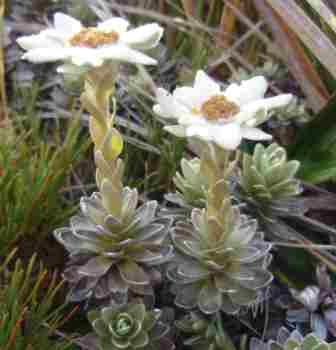








 |
 |
 |
 |
 |
 |
 |
 |
Frequently Asked Questions about Mountain Radio Service
What is Mountain Radio Service?Mountain Radio Service is an HF (high frequency) radio based two-way voice communication service for mountaineers, trampers, climbers, hunters, prospectors and anyone else venturing into the mountain areas of New Zealand. It offers daily contact with base stations operated by the Services in the major cities. It can also be used for direct communication between parties. Can I Make Phone Calls using Mountain Radio?Some sets may be equipped with keypads for dialling telephone calls, or the operator may be able to dial calls for you and connect the call through. Channel capacity is limited and technical limitations mean this service may not be available. Check with the service you hire from. Otherwise, time permitting, operators will make calls to pass on messages concerning the trip, and relay replies received. How Does it Work?Users are issued with a compact, lightweight, simple-to-use
SSB (single sideband) radio transceiver and aerial. Each day at
agreed times base stations operated by the Service give weather
forecast information and call each user to take details of
location, intentions, and any emergency or other messages. Users
must erect the aerial (about 8 minutes work), connect it to the
set, select the correct channel, and normally wait to be called
by the base. The daily call is sufficient for most expedition
purposes. Outside the scheduled base station operating periods it
may be possible to contact the Christchurch base which listens
throughout the day when operators are available. What Areas are Covered?Coverage includes all the mountain areas of the North and South Islands, and Stewart Island. Essentially the entire country is covered, although the need for space to erect the aerial (approximately 45m of wire), and the need to be away from sources of interference means that use in urban or industrial areas is unsatisfactory. What Does it Cost?Hire charges vary slightly between the various Services, and should be verified at the time of hiring. Indicative prices are $15 for a weekend trip, $35 for a full week. How Can I make Bookings?Please refer to Making bookings for WMRS and Other Providers for other Mountain Radio Services. Where do I Collect the Radio?Each Service operates pickup points in Sports Stores, and at other locations. Check with the Service for details when you make your booking. Why Not Use a Cellphone?A cellphone is convenient and works well in about 10% of the mountain areas of New Zealand. The remaining areas have poor or no coverage for cellphone service. Two factors limit cellphone performance - signal strength and distance to the nearest cellsite. Good signal strength requires a clear "line of sight" path to the cellsite. But even after getting strong signals the cellphone will not work if the distance to the cellsite is over about 35 km. Mountain radios have no such coverage limitation. Battery life is relatively short for cellphones. Mountain radios have low power consumption and battery life is suitable for expeditions up to 10 days or longer. How can I Listen In?Anyone can listen to the channel - you need a SSB receiver tuned to 3345kHz USB (or hire a set from WMRS), space for the aerial and freedom from interference by power lines/TV sets/PCs/industrial equipment. Can Friends Contact Users During an Expedition?The base station operators take messages for users - check when hiring for the phone number of the operator. Some users (with enough space for the aerial and freedom from interference) hire a second set to use to call the expedition directly; these users can set up their own scheduled calling times. However if the expedition radio is switched off, or its aerial not properly erected or connected they cannot be contacted by the base or any other user. Which is the best direction to align the aerial?Theoretically the aerial should be run at right angles to the direction of transmission. But, remember that the signal is going almost straight up to the ionosphere so in fact any direction will work OK. More Questions?Please forward any critical comments, or new questions, to wellingtonmountainradio@gmail.com |
 |